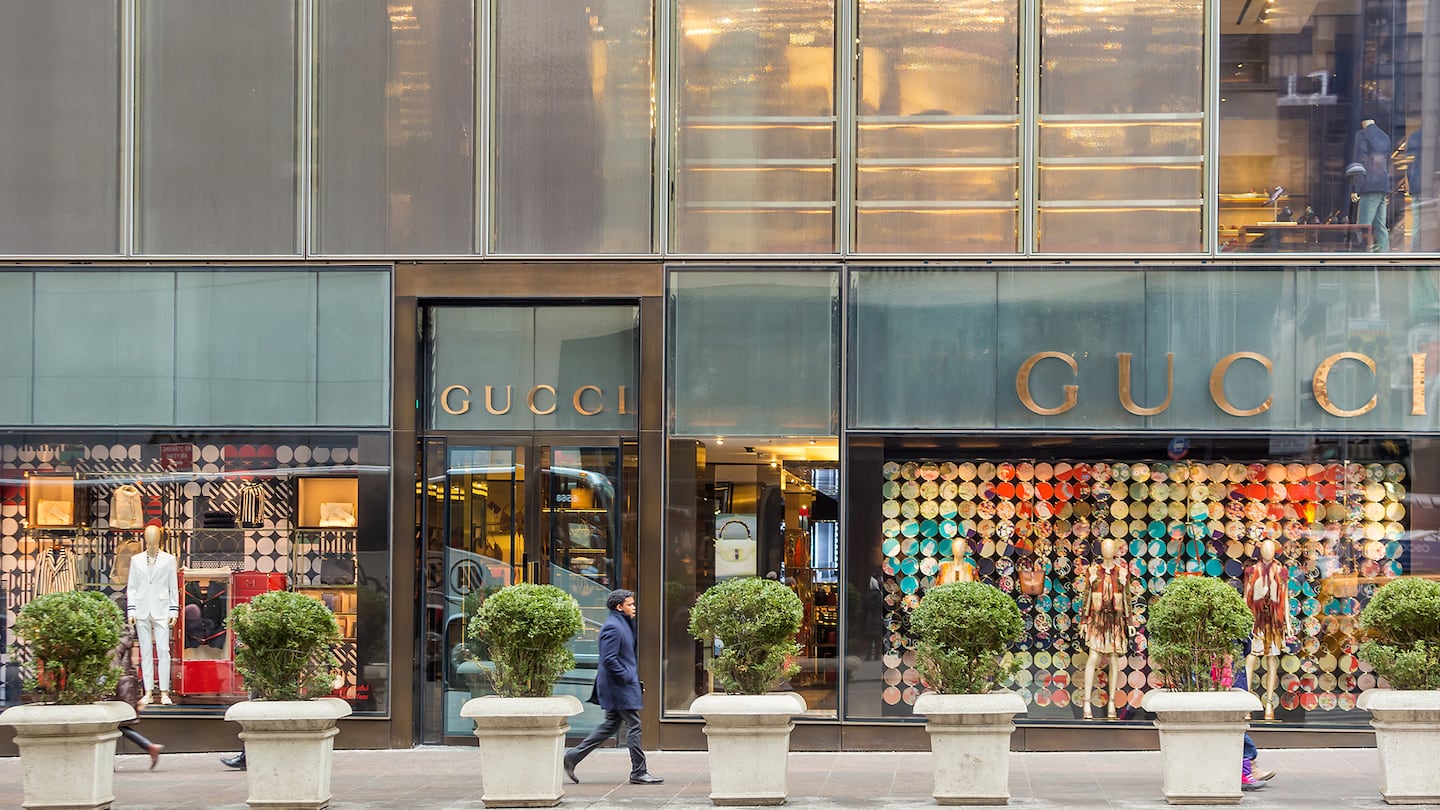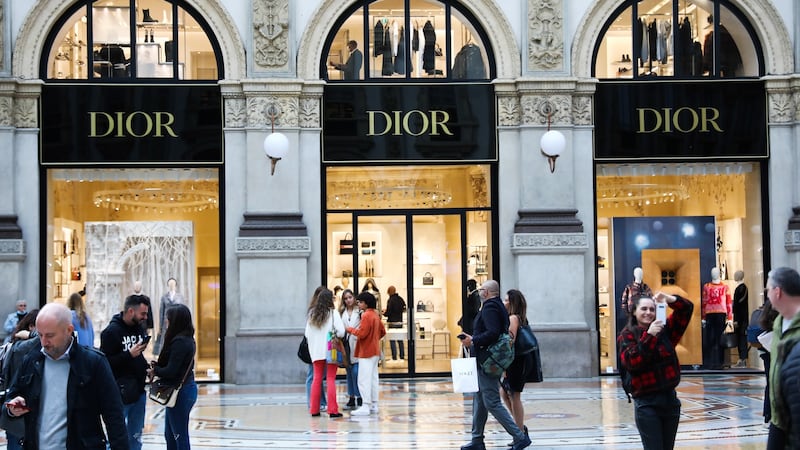Agenda-setting intelligence, analysis and advice for the global fashion community.
Kering SA expects to soon secure outside investment for a new entity that would house its real estate assets — including about €4 billion ($4.2 billion) worth of properties in Milan, New York and Paris — as the Gucci owner looks to cut its debt load.
The closing of the deal could come in early 2025, as the company signaled earlier this year. Just in the past year, Kering has bought a building in New York for almost $1 billion and in Milan for €1.3 billion. In 2023, the company also acquired three choice properties in Paris, located on the fashionable Rue de Castiglione and Avenue Montaigne.
“Kering is considering refinancing a part of its prime real estate properties by welcoming a third-party investor in a dedicated vehicle,” a company spokesman said. “The group is making good progress in that direction and does not envision other options such as a spin-off or an IPO.” Italian daily Il Sole 24 reported Wednesday that Kering was considering an initial public offering of a newly created real estate company.
Kering, like other luxury goods companies, has been hit hard by a slowdown in demand, particularly in China. The company has been looking for ways to put its house in order, with Chief Financial Officer Armelle Poulou saying during an October analyst call that she expected Kering to have net debt of about €11 billion by the end of this year, excluding any property deals. Earlier this year, Kering said it was talking with funds to study options for its real estate assets.
ADVERTISEMENT
“In terms of real estate, we are making some good progress in welcoming some partners in some financial vehicles to de-leverage our real estate,” Claire Roblet, who handles Kering’s investor relations, said during the same analyst call, adding that the French group was “quite confident” it would be able to sign a deal by the end of the year.
Luxury groups like Kering have continued to buy prime real estate for their flagship stores in a bid to secure key retail locations in spite of the downturn in demand for everything from high-end handbags to haute couture. The owner of Yves Saint Laurent and Bottega Veneta warned in October it expects its 2024 profit to reach the lowest level since 2016.
By Angelina Rascouet
Learn more:
Luxury’s Latest Battleground: Real Estate
Top luxury groups are buying real estate to secure landmark store locations with serious implications for second-tier players who are already struggling to stay on key luxury streets, writes Luca Solca.




